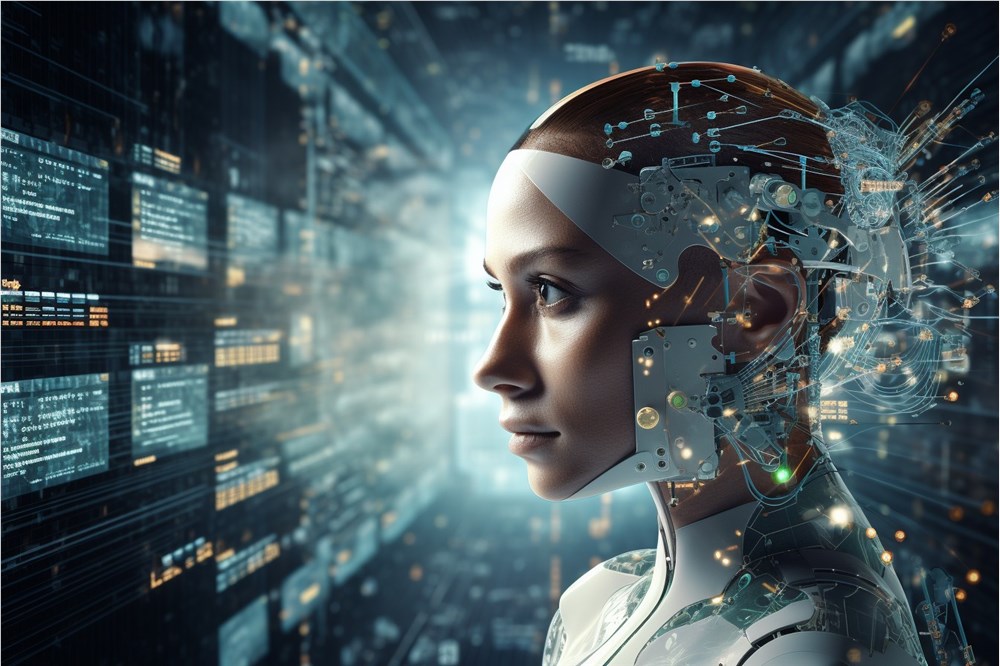Goldman Sachs took the lead in applying for generating artificial intelligence in the financial field, and its newly launched "GS AI assistant" is rapidly changing the way of working in Wall Street. This tool aims to improve the work efficiency of bankers, traders, and asset managers. It has now covered nearly 10,000 employees and plans to fully promote all knowledge -oriented employees this year. Its functions cover email writing, document -pairing, code translation and other aspects, and plans to achieve more advanced autonomous operation capabilities in the future versions to further reduce artificial intervention.
Wall Street has been at the forefront of artificial intelligence technology, especially the rapid development of generated artificial intelligence. Goldman Sachs recently announced the launch of a generative AI tool called "GS AI Assistant", which aims to help its bankers, traders and asset managers to complete their work more efficiently. This tool has been launched to about 10,000 employees and is expected to cover all intellectual workers this year.

Goldman Sachs Chief Information Officer Malcow Agen said that this AI assistant will be able to handle multiple tasks, including writing emails, school pairing documents, and translating code from one language to another. He emphasized that this tool has a simple interface, allowing employees to easily contact the latest AI model. Agen pointed out that the AI assistant will be like a new employee. Over time, it will gradually absorb and learn Goldman Sachs's corporate culture.
This initiative in Goldman Sachs means that the three major investment banks in the world, including JP Morgan Chase and Morgan Stanley, have actively launched a generative AI tool. This trend has happened since the popularity of ChatGPT, indicating that Wall Street's acceptance of generating artificial intelligence far exceeds other industries. At present, this AI assistant can answer questions, write emails, and summarize long -term documents, but the future version will have "autonomous ability" and can perform multi -step tasks with less human intervention.
Agen also revealed that the AI assistant will work based on Goldman Sachs's internal data, combined with OpenAI's ChatGPT, Google's Gemini, and Meta's LLAMA and other models. He said that with the continuous advancement of technology, AI will not only simulate the language of Goldman Sachs, but also gradually have a similar way of thinking.
However, the widespread application of AI technology has also triggered employees' concerns about job safety. According to a report, global investment banks may reduce more than 200,000 positions in the next three to five years. Nevertheless, Goldman Sachs executives insist that the application of AI will make employees more efficient rather than reducing the demand for human resources.
Agen concluded that the real value is still people. Employees will continue to play a key role in the process of education and empowering AI and promote the development of the company.
Points:
Goldman Sachs launched an AI assistant to help employees improve their work efficiency and cover all intellectual workers.
AI assistants can handle multiple tasks, including writing emails and translation code, which will have more advanced autonomous capabilities in the future.
Although AI applications may affect job security, Goldman Sheng executives believe that AI will enhance employee capabilities rather than replace manpower.
The launch of Goldman Sachs's "GS AI Assistant" marks the active hug of the financial industry on the generation artificial intelligence, but it has also triggered a discussion on the impact on the future employment market. Although automation may bring some challenges, Goldman Sachs's strategy aims to enhance employees, rather than replacing manpower, which deserves our further attention and thinking.